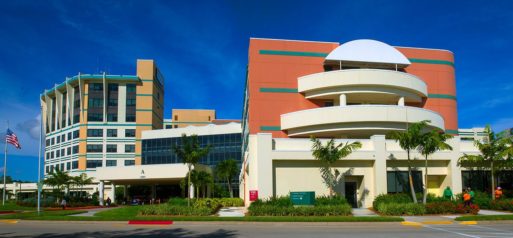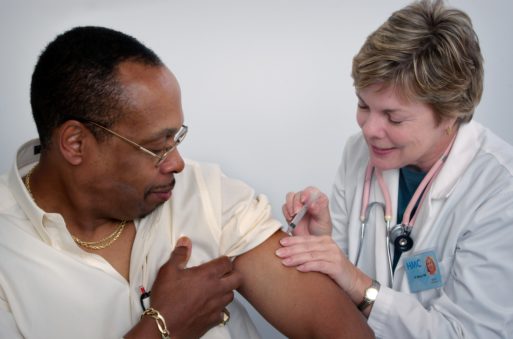
Pres. Biden’s vaccine mandate now extends to all health care facilities that receive Medicare or Medicaid reimbursements, easing fears of some nursing homes.
Eldercare facilities may breathe a little easier after Thursday, September 9. President Joseph R. Biden declared a new vaccine mandate that extended to more health care settings after previous rules only threatened nursing homes that took Medicaid or Medicare.
The new rules mandate companies with over 100 workers to require vaccinations or weekly COVID-19 tests, affecting nearly 80 million employees. The rules also lump in all health care facilities receiving Medicaid or Medicare with the nursing homes affected by Biden’s mandate earlier in the summer, which will affect an additional 17 million health care workers.
Nursing Homes Feared Worker Exodus
Medicaid is the principal source of funding for nursing homes, acting as the primary coverage for over 62% of residents according to a 2018 study. The threat of issuing fines or revoking funding over vaccination requirements had some operators worried about keeping enough staff to care for those residents.
“Those kinds of threats and that proposed punishment is not going to increase vaccine acceptance rates; it’s going to drive workers away.” Zach Shamberg, president and CEO of the Pennsylvania Health Care Association, told WHYY.
Two weeks ago, private companies held the upper hand in the competition for workers reluctant to return to jobs that didn’t provide competitive pay and other benefits, which many of the companies had instituted to lure Americans back to work.

Nursing home turnover has stayed the same, while pressures on staff have increased.
Such disparities squeezed poorer health care facilities of all kinds that couldn’t afford to institute mandates and risk losing even more of their workforce to higher-paying private companies in vaccine-hesitant communities.
Nursing home operators echoed these fears in a letter to the president issued after the original rules came down. In the letter, they called for a more expansive mandate to dull the edge given to eldercare centers that did not take Medicaid or Medicare payments.
Now the playing field has been leveled a bit, with requirements for a wider range of health care facilities and the weight of a $14,000 fine for each violation by offending companies.
Turnover and Strain in the Pandemic
However, even before vaccine mandates, turnover has continued to be an issue in a traditionally revolving-door industry during the over year-and-half pandemic, creating the potential for poorer care and overworked staff.
In a March 2021 study, researchers examined 15,645 nursing homes from 2016 to 2019 and found an average annual turnover rate of 128% — with even higher rates at for-profit facilities and those serving Medicare beneficiaries. Meanwhile, a study released two months later in May found that while turnover stayed roughly the same or even declined in some cases, increased stresses and demands on staff time due to the pandemic led to perceived shortages in facilities.
Overworked staff can cause gaps in care that already threaten poorer facilities that were even more at risk prior to the president’s latest mandate.

Nursing home employee vaccination rates continue to outpace the national average but vary from state to state.
Employees’ Vaccination Rates Edge National Average
Currently, nursing homes hover around a 60% average vaccination rate, according to the Center for Medicare and Medicaid Services, with some states reporting as low as 44% or as high as 88% among their facilities. This national rate compares favorably to the overall 54% of fully vaccinated Americans as of September 9. Residents and employees were some of the first in line for vaccines when the rollout began last spring after being hit hard the previous year.
The importance of vaccination overall to defend against the Delta surge, which has brought over 150,000 confirmed cases and 1,000 deaths a day in the CDC’s latest seven-day average, is not lost on experts studying the spread of COVID-19.
“This has become so politicized that people can’t see the value of a vaccination that can save their lives. Our own divisions are preventing us from ending a pandemic,” Dr. Joshua Sharfstein, Vice Dean at the Johns Hopkins Bloomberg School of Public Health, told the AP.

 Vaccine Mandate Extended to Federally Funded Health Care Facilities
Vaccine Mandate Extended to Federally Funded Health Care Facilities


 Funeral Favors Offer Visitors a Tangible Memento
Funeral Favors Offer Visitors a Tangible Memento
 “Comeback” by Prince
“Comeback” by Prince
 “Other Side” Documents Woman’s Fight To Die As She Wishes
“Other Side” Documents Woman’s Fight To Die As She Wishes














